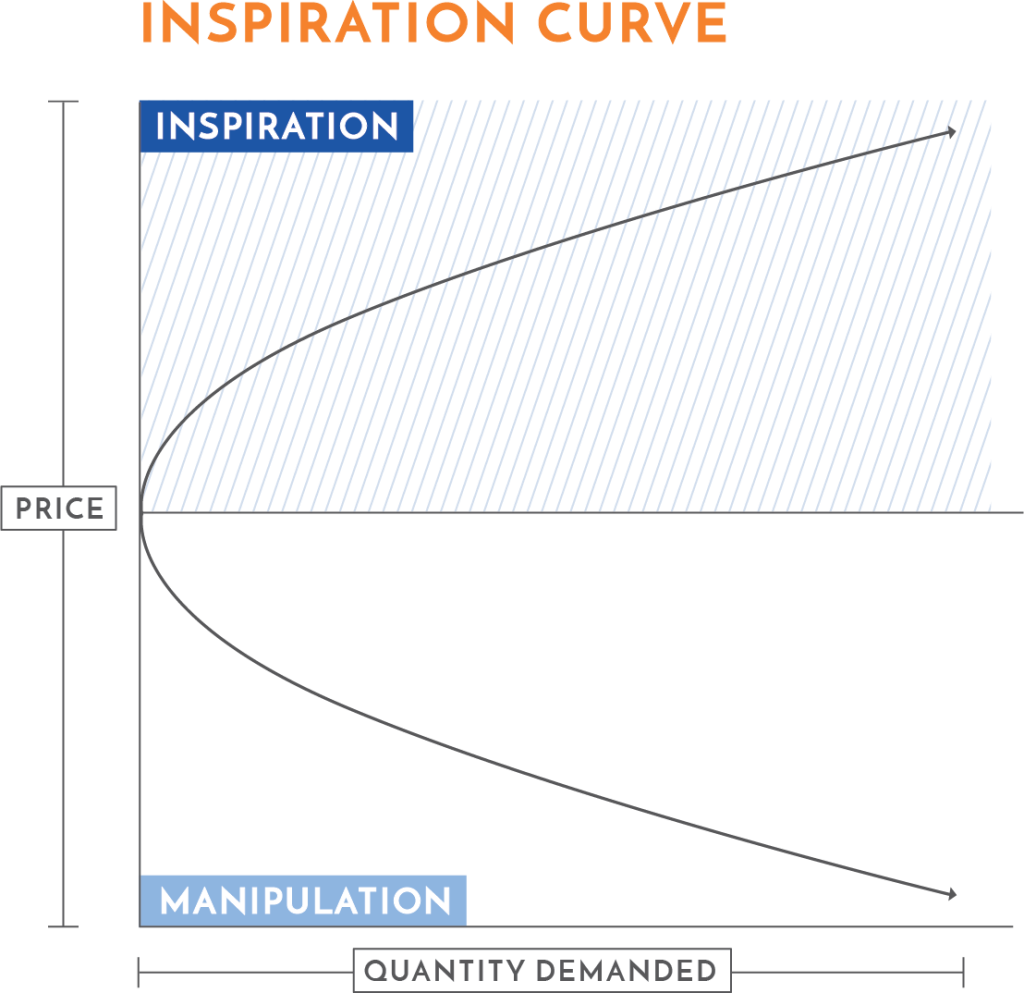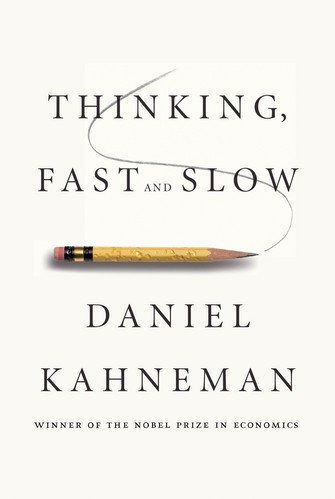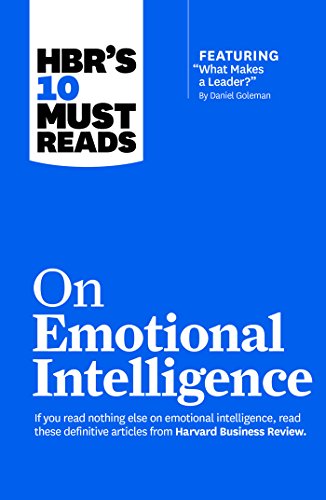Our emotions determine the decisions we make. They are guides that we use to feel the legitimacy of our choices.
In fact, without emotions, we can’t make decisions at all — including a decision as simple as whether we should keep consuming the content available to us on a website, your website perhaps.
Yet, so little content is written with the emotions of the audience in mind.
A Thought Experiment
What drives a purchasing decision for a dental implant?
Is it that the implant has a 98% success rate, or is it that the procedure is safe and reliable? You might think those mean the same thing, and maybe they do. Anyway, it’s not about what you mean, it’s about how you say it — it’s about how it registers with the reader.
Do people agree to the dental implant treatment because they’re made out of titanium and therefore biointegratable? Or do they agree because they can smile again without feeling embarrassed that they’re being judged? Or because they felt unhappy with themselves and wanted a path to something better?
People’s decisions are based on emotion. If your content isn’t appealing to these feelings, then it’s failing.
Emotion and Logic Are Not Dichotomies
“Oh, you must be saying people are stupid,” some may respond.
Nope. Emotion and logic are complementary.
In Thinking, Fast and Slow, behavioral psychologist Daniel Kahneman uses the metaphor of System 1 and System 2 thinking to relate to us how the brain economizes on cognitive power. Like all resources, our mind is limited and we can only deeply explore action on a limited basis.
For most situations, we need a faster way of making decisions. Which doesn’t mean the decisions are ad hoc or unintelligent, they just require us to apply our intelligence in a different way.
The Logic of Burning Your Hand
As a child, when you sweep your hand over the stove top flame and you burn yourself, do you then deeply reflect on why you burned yourself? Or do you say, “Ow! I won’t do that again!”
For most of us, it’s the latter. And you wouldn’t call that decision unintelligent. In fact, it’s very intelligent.
Emotions, like physical stimuli, are guides to our actions. We use them to determine whether a choice is right or wrong. They are heuristical, meaning they help us make educated guesses.
Because of the function they serve, we develop our emotional intelligence over time. How we react to emotions matters. Emotion and logic are not separate, they work together.
To Influence Decision-Making, You Must Understand How People Make Decisions
Is your content selling your services?
What I’m asking is, does your content appeal to the emotions that people feel when they’re making the decision to contact or buy from you? Or, is your content procedural and, I’ll just say it — I won’t mince words when it comes to your success — emotionally flat?
Does your content appeal to readers’ hopes, dreams, fears, and insecurities? Does it provide them with a path toward feeling good? It should stimulate the reader to think, “This decision to fill out the contact form feels right.”
You can only achieve that if the content addresses the emotional heuristics that drive that decision.
The Fundamental Emotional Needs
Our emotions and their motivations are a magnitude or two more varied than the number of people on the planet Earth. Yet, following Tony Robbins — think what you will of him, he knows how to tap into people — we can narrow down our emotions to six core human needs.
- Certainty/Security
- Uncertainty/Variety
- Significance/Importance
- Connection/Love
- Growth/Productivity
- Contribution/Purpose
Emotions are complex. Abstracting them to six seems callous, I agree.
The above categorization serves as a guide…a heuristic, if you will. ????
Your content can, and should, be emotionally deeper. There are common reasons for seeking dental implant treatment, or veneers, or any and every service/product you can think of. It’s a question of understanding the people you’re serving, which should go without saying, right? How can you serve someone if you don’t know what they need?
A Note on Inspiration vs. Manipulation

Writing emotionally does not necessarily mean appealing to fear or using peoples’ fears to manipulate them.
First, do you truly believe that your service/product is a path toward achieving the certainty, uncertainty, significance, connection, growth, or purpose that your customers seek? Do you believe that you are doing good?
Second, for every fear we have, there is a vision of what would release that fear, or where that fear ought to drive us. Meaning, if I’m afraid that people will judge me based on how crooked my bottom teeth are, there’s security in the feeling that having that issue corrected will make me feel better.
Don’t focus on the fear, focus on what would make the reader feel better.
An added benefit to inspiring versus manipulating is that the former allows you to charge a higher price point. Inspiration requires influencing on how you can add value to others’ lives.
Your Content Team Matters
Not every content writer knows how to write emotionally. It’s a skill that must be trained and that requires an organization that understands the value of this perspective.
Does your marketing partner understand the role that emotion plays in driving business to your company? Read your content, and decide for yourself.
If you’re unhappy with what you read, maybe it’s time for a change.


